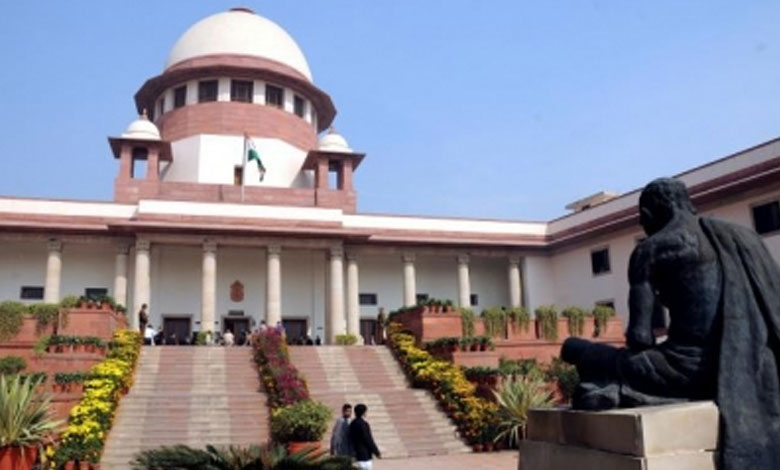Supreme Court Likely to Pass Interim Order on Waqf (Amendment) Act, 2025
The Supreme Court of India is expected to pass an interim order on the Waqf (Amendment) Act, 2025 on Thursday, following rising concerns over the law’s constitutional validity and its implications on religious properties.

New Delhi: The Supreme Court of India is expected to pass an interim order on the Waqf (Amendment) Act, 2025 on Thursday, following rising concerns over the law’s constitutional validity and its implications on religious properties.
Table of Contents
On Wednesday, a bench headed by Chief Justice Sanjiv Khanna expressed reservations about key aspects of the newly enacted law. The court questioned provisions relating to the status of Waqf-by-user properties, the composition of the Waqf Council and Waqf Boards, and a controversial clause that disallows waqf claims on properties disputed as government land.
Top Court: Waqf Properties Declared by Courts Must Not Be De-Notified
During the hearing, the Supreme Court bench observed:
“We will say that whichever properties have been declared by the court to be Waqf or held to be Waqf will not be de-notified as Waqfs or be treated as non-Waqf properties, whether they are by Waqf-by-user or waqf-by-declaration or otherwise… declared by courts or otherwise also.”
CJI Sanjiv Khanna also remarked that the government cannot rewrite history through retrospective changes to the Waqf law. The bench signaled its inclination to pause the law’s implementation on specific issues, but allowed the Centre and states time to respond, with the next hearing scheduled for Thursday.
Also Read: Supreme Court Asks Omar Abdullah, Estranged Wife to Attempt Resolution of Divorce Dispute
Waqf (Amendment) Act, 2025 Faces Legal Challenges
The newly amended Waqf Act, which received President Droupadi Murmu’s assent on April 5, has triggered widespread debate and legal scrutiny. The All-India Muslim Personal Law Board (AIMPLB), among other petitioners, has challenged the Act, calling it “arbitrary, exclusionary, and discriminatory” towards the Muslim community.
Several petitions filed in the apex court argue that the law violates fundamental rights, particularly the rights of religious minorities, and undermines earlier judicial pronouncements on Waqf properties.
Key Issues Raised by the Supreme Court
- Status of Waqf-by-user properties previously declared by courts.
- Majority representation of non-Muslims in Waqf Councils and Waqf Boards.
- Invalidation of Waqf status if the property is disputed as government land.
The outcome of Thursday’s hearing is expected to significantly shape the future of the Waqf (Amendment) Act, 2025, and its enforcement across the country.
